
All News


Results from a phase 1 trial evaluating the CAR T-cell therapy, AIC100, in relapsed/refractory thyroid cancer support the FDA’s RMAT designation.
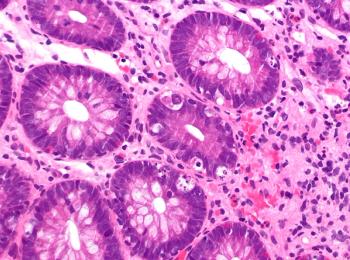
The agency has set a Prescription Drug User Fee Act date of January 7, 2025, for its decision on approving remestemcel-L in this patient population.

Following rare CRS and ICANS incidence following CAR T-cell therapy, investigators propose a reduced 2-week monitoring period with extensions as needed.
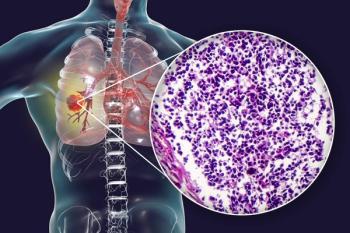
As of data cutoff, 6 patients with NSCLC in the phase 2 THIO-101 trial are receiving ongoing treatment with THIO plus cemiplimab after 12 months.
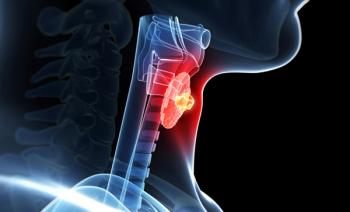
An observed extension in progression-free survival with nintedanib vs placebo did not warrant continued development of the therapy for thyroid cancer.

Feedback from a Type C meeting signals the end of preparatory regulatory interactions for the phase 3 TACTI-004 trial’s design in metastatic NSCLC.

Findings from the PREVENT study show that bioimpedance spectroscopy use may reduce progression to chronic lymphedema compared with tape measure use.

A combined genomic and histological analysis within trial datasets demonstrates a sound tumor evaluation strategy for patients with prostate cancer.

After allogeneic hematopoietic cell transplantation, pregnancies could be carried out and were successful.

Preclinical data support the potential anti-tumor activity and tolerability of a novel FR⍺ topoisomerase I inhibitor in ovarian cancer and NSCLC.
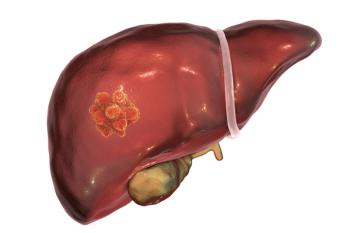
Survival results from the phase 3 CheckMate –9DW trial support the application for the combination therapy in treating hepatocellular carcinoma.

Experts discuss findings related to liquid biopsy profiling, later-line immunotherapy, and CDK4/6 inhibitor efficacy presented at the 2024 KCRS meeting.
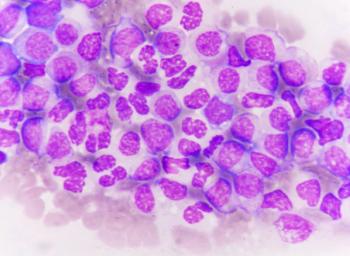
SLS009 is a highly selective CDK9 inhibitor that is being studied in an ongoing phase 1/2 trial for patients with hematologic malignancies.


30 Datopotamab Deruxtecan (Dato-DXd) vs Chemotherapy in Previously-Treated Inoperable or Metastatic Hormone Receptor–Positive, HER2-Negative (HR+/HER2–) Breast Cancer (BC): Primary Results From the Randomised Phase 3 TROPION-Breast01 Trial

Two dose-limiting toxicities were observed, and the maximum tolerated dose was not reached in a study evaluating FS-1502 safety, tolerability, and efficacy.

Experts from Vanderbilt University Medical Center emphasize gathering a second opinion to determine if a tumor is resectable in patients with pancreatic cancer.

Data from DREAMM-7 and DREAMM-8 support the marketing authorization application for the belantamab mafodotin combinations in multiple myeloma.

The recommendation was made following mid-stage, end-of-phase 2 data for the botensilimab/balstilimab combination, which yielded lower responses in patients.

Experts from Vanderbilt University Medical Center discuss the use of intraoperative radiation therapy in a 64-year-old patient with pancreatic cancer.

Phase 1 data show that EMI-137 enabled MFGI and spectroscopy differentiation between papillary thyroid cancer–afflicted tissue and healthy thyroid tissue.

The drug developers of tabelecleucel are seeking approval of the treatment for patients with EBV-positive post-transplant lymphoproliferative disease.

The overall survival benefit seen with DOC1021 in a phase 1 trial of glioblastoma support the fast track status decision for the agent.
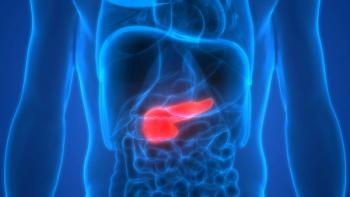
![“The machine learning algorithms based on pure clinical data aren’t any better, [but] that’s where prostate cancer algorithms are starting to shine,” said James B. Yu, MD, MHS, FASTRO.](https://cdn.sanity.io/images/0vv8moc6/cancernetwork/330ffaf0cf1c409a14da3ba3004d2e095104d54d-6630x5000.jpg?w=350&fit=crop&auto=format)
“The machine learning algorithms based on pure clinical data aren’t any better, [but] that’s where prostate cancer algorithms are starting to shine,” said James B. Yu, MD, MHS, FASTRO.
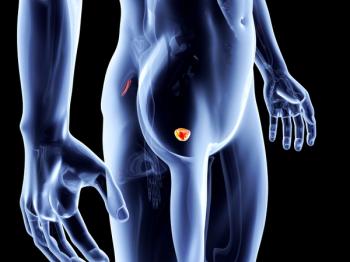
Developers plan to submit data from the ARANOTE trial to global regulatory health authorities to expand indications for darolutamide in metastatic HSPC.

The conundrum of treating dermatologic adverse effects in response to treatment with amivantamab for EGFR-mutated NSCLC was discussed in a recent Frontline Forum.
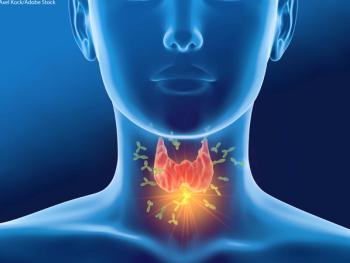
Retrospective results found considering conservative initial surgery options can reduce overtreatment for patients with thyroid cancer.
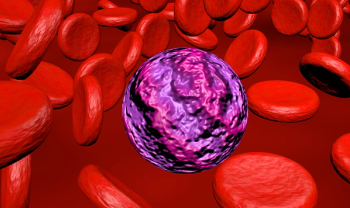
A serious grade 4 adverse effect reported in the phase 1/2 dose-escalation study evaluating seclidemstat combination therapy prompted the partial hold.

